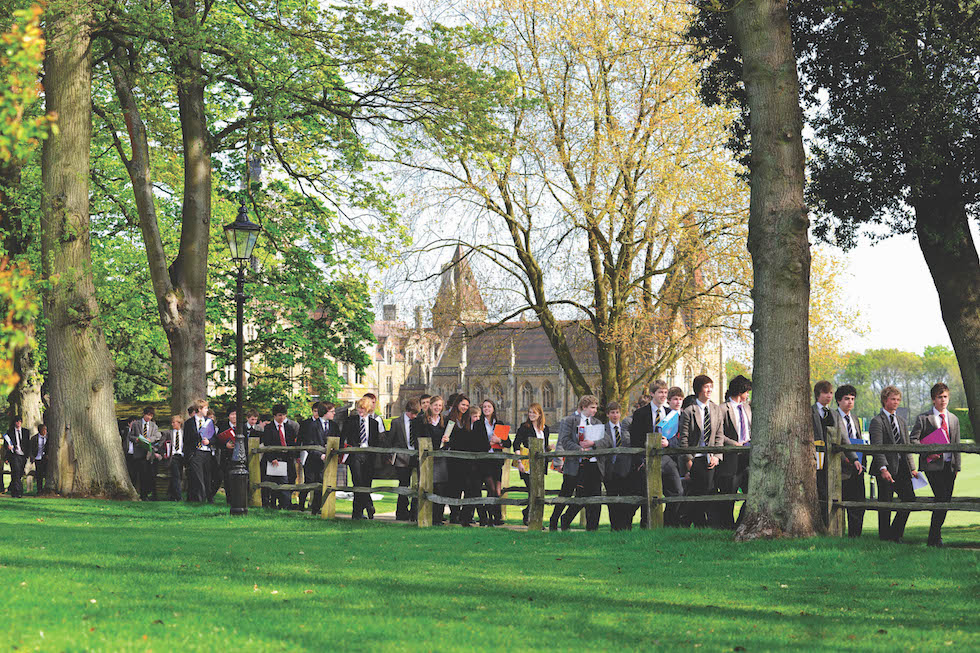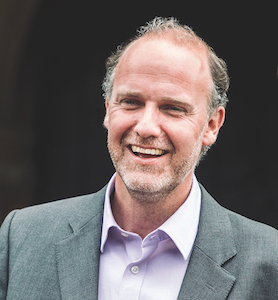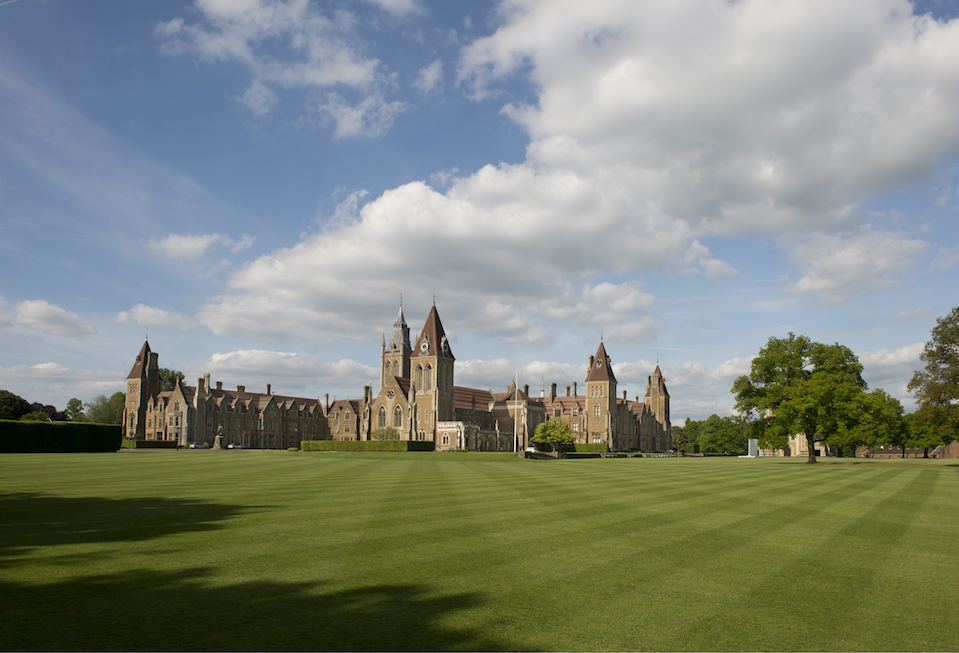GROWING TOGETHER
By
4 years ago

Charterhouse headmaster, Dr Alex Peterken, explains why the school is going fully co-ed after four centuries

The growing movement in independent schools towards co-education shows no sign of slowing. The number of single-sex schools has fallen consistently since 2008, with girls’ schools making up under 12 per cent of the Independent Schools Council’s membership and boys’ schools only eight. Meanwhile, the number of schools with around the same amount of boys and girls has more than doubled over a similar period. Why are schools of all shapes and sizes coming to the conclusion that co-education is the future?
Fundamentally, education is about equipping young people to lead a rewarding adult life. Educators must look several decades ahead: the society in which we want those currently in our care to thrive will be very different to the society we know today. It will offer new kinds of opportunity and make different demands of them. When looking forward to 2030 the picture is characterised by its very unpredictability. All around us we see evidence of a fast-changing and complex modern world where globalisation and technology are transforming the way we live, work and relate to one another. Today we must prepare young people to rise to challenges we cannot fully conceive. At Charterhouse, we cultivate a mindset that embraces uncertainty and thrives on complexity for this very reason.
Amid this uncertainty, however, I am sure of one thing: a deeply-rooted, empathetic and sensitive understanding between the sexes, forged over years of co-learning and co-living in a boarding environment, will be hugely important.

The newspaper headlines of recent times about the gender pay gap, sexual harassment and power differentials in the workplace stem, in part, from an insidious lack of understanding – one we must tackle. In co-education, there is an opportunity to create equality and promote respect among those who then have the chance to create a more professional, fair and dynamic workplace.
I am a firm believer that a co-educational boarding environment is best placed to develop a complete person: normalising relationships between boys and girls in the classroom and in collaborative social spaces; developing the essential life skills of empathy, creativity, resilience and problem-solving alongside one another; and coming to a mature understanding of different perspectives, emotional responses and learning styles. In essence, boys and girls learning together as equal partners, just as they will later work together as equals, is a superb formative background in their teenage years.
At the same time, a great and often overlooked feature of co-educational boarding schools is that there is still space within the individual houses for independent living in the evenings; for boys to be boys and girls to be girls. Anyone who has regularly sampled the markedly different, but equally inspiring, atmospheres in boys’ and girls’ boarding houses will know precisely what I mean.
It has taken over 50 years for full co-education to come to fruition at Charterhouse, but it will be worth the wait.
An extensive capital investment programme has allowed us to create three girls’ boarding houses in 2019 and the construction of two additional houses which is currently underway for completion by September 2021. We will expand and upgrade teaching, dining, sporting and social facilities over this period, and overall numbers will rise from the current 820 to around 1,000 pupils, making Charterhouse one of the largest co-educational boarding schools in the country, and fit for the future in every way.

The first year nine girls will join the school in 2021, 50 years after girls first entered the sixth-form at Charterhouse. There will then be girls in every year group from September 2023.
Find Charterhouse’s School House online listing here



